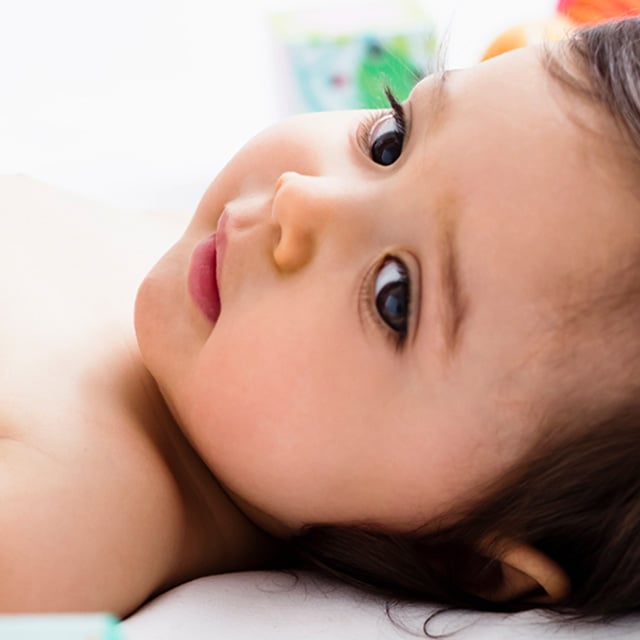Acquired heart disease is much more common in adults than in children. But the two most common acquired conditions among children are rheumatic heart disease and Kawasaki disease.
Rheumatic heart disease is the result of rheumatic fever caused by streptococcal bacteria. Most likely to strike children between 5 and 15 years old, rheumatic fever can scar heart valves to the point where they may not function properly.
Kawasaki disease primarily occurs in children under the age of 5, and causes inflammation of the blood vessels that can result in damage to the coronary arteries and a widening of the vessel called an aneurysm.
Other acquired heart disorders may occur in children treated for congenital (present from birth) heart defects. Like adults successfully treated for heart disease, these children have an increased risk of endocarditis and cardiomyopathy, damage to the valves and structure of the heart caused by infection or inflammation. Young children and teens also develop arrhythmias — abnormal heart rhythms.
At UCSF Benioff Children's Hospital, three decades of preeminence in treating children with heart disorders give our specialists added expertise in preventing, detecting and treating acquired heart disease — problems caused by infections or by pressures exerted on the heart due to illness elsewhere in the body.
Our pediatric heart team works with pediatric intensive and acute care experts and infectious disease experts to treat severe cases of acquired heart disease in the hospital. Our pediatric cardiologists work with parents and family pediatricians to manage children growing up with congenital heart disease, to prevent and treat infections and other threats. The UCSF pediatric electrophysiology program was the first in the world to use minimally invasive techniques to treat and often cure heart rhythm disorders.
































